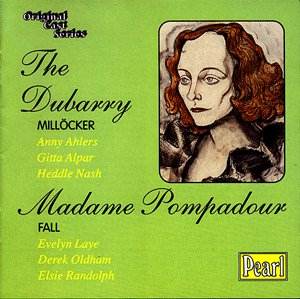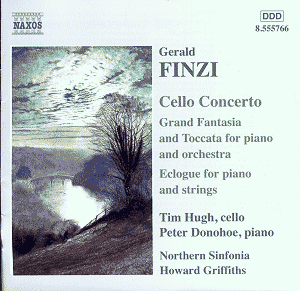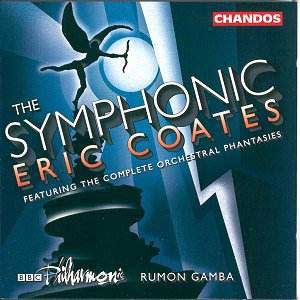 Composer: Howard Blake
Composer: Howard Blake
Works: Clarinet Concerto (1984), Lutoslawski: Dance Preludes (1954, orch. 1955), Seiber: Concertino for Clarinet and String Orchestra (1928, orch. 1951)
Performers: Thea King (clarinet), English Chamber Orchestra, Andrew Litton
Recording: Recorded: May-June 1985 (Blake) and April 1986 (Lutoslawski, Seiber)
Label: DECCA
Howard Blake, a composer often associated with his evocative film scores, showcases a different facet of his artistry in the 1984 Clarinet Concerto, included in this compelling compilation alongside works by Lutoslawski and Seiber. This collection serves not only as a testament to Blake’s versatility but also highlights the rich tapestry of 20th-century clarinet repertoire. Each piece is steeped in historical context, reflecting the composers’ responses to their respective socio-political environments, while also revealing Blake’s own unique voice.
The performance of Blake’s Clarinet Concerto by Thea King is a notable highlight. King’s interpretation balances technical precision with expressive nuance, particularly evident in the opening movement, where she navigates the lyrical lines with a warm, singing tone that invites the listener in. The orchestration, conducted with clarity by Andrew Litton, supports her beautifully, with the English Chamber Orchestra providing a lush backdrop that complements the clarinet’s soaring melodies. The dialogue between the soloist and orchestra is particularly effective in the second movement, where King’s agility shines in the brisk passages, demonstrating her command over the instrument. This movement’s playful character resonates with Blake’s cinematic sensibilities, offering a delightful contrast to the more introspective moments of the concerto.
The inclusion of Lutoslawski’s Dance Preludes and Seiber’s Concertino enriches the program, allowing for a comparative exploration of folk-inspired idioms. Lutoslawski’s work, rooted in the folk traditions of Poland, emerges as a vibrant, energetic piece that balances rhythmic vitality with melodic charm. The orchestral version recorded here enhances the texture, with Litton’s deft control ensuring that the clarinet is always in dialogue with the strings, creating a captivating sonic landscape. The Seiber Concertino, characterized by its playful motifs and harmonic inventiveness, provides an engaging contrast to the other works. It is a pity that Seiber’s music remains relatively underappreciated, as this performance reveals its lively character and intricate interplay between the clarinet and strings.
The recording quality is commendable, capturing the clarity of the clarinet’s timbre as well as the orchestral detail without sacrificing warmth. The balance between the soloist and the orchestra is particularly well managed, allowing the intricate textures of each piece to emerge distinctly. The engineering captures the nuances of King’s phrasing and the dynamic range of the orchestra, making it a pleasurable listening experience that does justice to the live performance energy.
A cohesive and attractive program, this recording not only showcases Blake’s Clarinet Concerto in a compelling light but also honors the contributions of Lutoslawski and Seiber. Thea King’s performance is both technically accomplished and deeply expressive, making a strong case for all three works. This release should be considered essential listening for clarinetists and enthusiasts alike, particularly given its customer-friendly pricing. The recording stands as a significant contribution to the clarinet repertoire and serves to further elevate Howard Blake’s stature as a serious composer beyond his film work.



